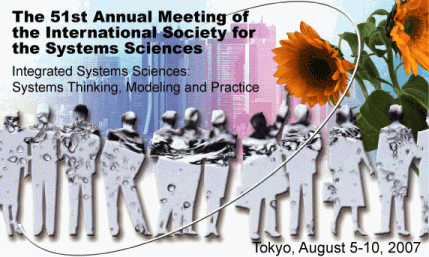Improving the Effectiveness of Management Education through the Inter-organizational Network
Keywords:
management education, learning, inter-organizational networkAbstract
In recent years, it has become clear that management education needs to be more effective and relevant for management practice. In order to improve the effectiveness of management education, alternative teaching methods are designed such as case studies and action learning. However, these methods have so far only proved to be useful in an educational setting. Moreover, they can not deal with knowledge that learner can acquire only through a practice in a company. As a result, there is still a gap between management education and management practice. The gap is especially significant when focusing only on the main purpose of educational organizations and companies, i.e., education and profitable business respectively. It is important to consider secondary functions to close that gap: both organizations have a common function to develop human resource. Recent research on human resource development in companies reported that it is essential to have several stakeholders not only inside a company (e.g. bosses, colleagues and subordinates), but also from other organizations (e.g. personal advisor, family and friends). In management education, educational organizations and companies can be viewed as stakeholders in developing managers. Therefore, it makes sense to link educational organizations and companies from a career development perspective. In this paper, a novel approach, based on social network theory, is proposed to improve the effectiveness of management education. It incorporates educational organizations and companies into one network. The network allows clarifying the role of educational organizations and companies in the learning process. The advantage of the inter-organizational network is that educational organizations and companies can keep their function in education and business respectively while cooperatively supporting the learner. Therefore, the network enables the learner to simultaneously obtain training in the educational setting and in the managerial environment. In other words, inter-organizational networks can foster relevant and practical managerial knowledge. To verify the effectiveness of the proposed approach, two concrete management education programs are investigated. One is a management of technology program lead by an academic research institute. The other is a management training program lead by a private educational organization. Both programs are designed by educational organizations, not by companies. In both programs, learners are asked to find solutions for managerial problems in companies that dispatched the learner. Through those investigations, it was observed that learners who made full use of the program experienced two types of learning: (A) independent learning, directed and conducted by the learner; (B) interactive learning through interactions between learner, educators and people in a company. In independent learning, learners consider solutions for their managerial problem, apply those solutions, and reflect on the obtained results for further improvement. In addition to this trial-and-error process, learners often require appropriate advice and feedback; they acquire the latter by interactive learning, i.e., by discussions with the other partners in the network. Most importantly, the involved educational organizations and companies were fully aware of the necessity of both types of learning and therefore, they supported the learning process each from their own position in the network. The inter-organizational network supports and enhances both types of learning. Concretely, educational organizations provide educational contents, such as management theory and tools, whereas companies provide opportunities to apply the educational contents in a realistic management environment. The learners benefits from feedback from both organizations. While feedback from educational organization is usually more generalized and abstract, feedback from company is often focused on effectiveness in business. As a consequence, the learner can conveniently customize the educational contents to practical managerial knowledge by learning in inter-organizational network.Published
2007-07-31
How to Cite
Dauwels , S. O. (2007). Improving the Effectiveness of Management Education through the Inter-organizational Network. Proceedings of the 51st Annual Meeting of the ISSS - 2007, Tokyo, Japan, 51(2). Retrieved from https://journals.isss.org/index.php/proceedings51st/article/view/508
Issue
Section
Learning Organization

